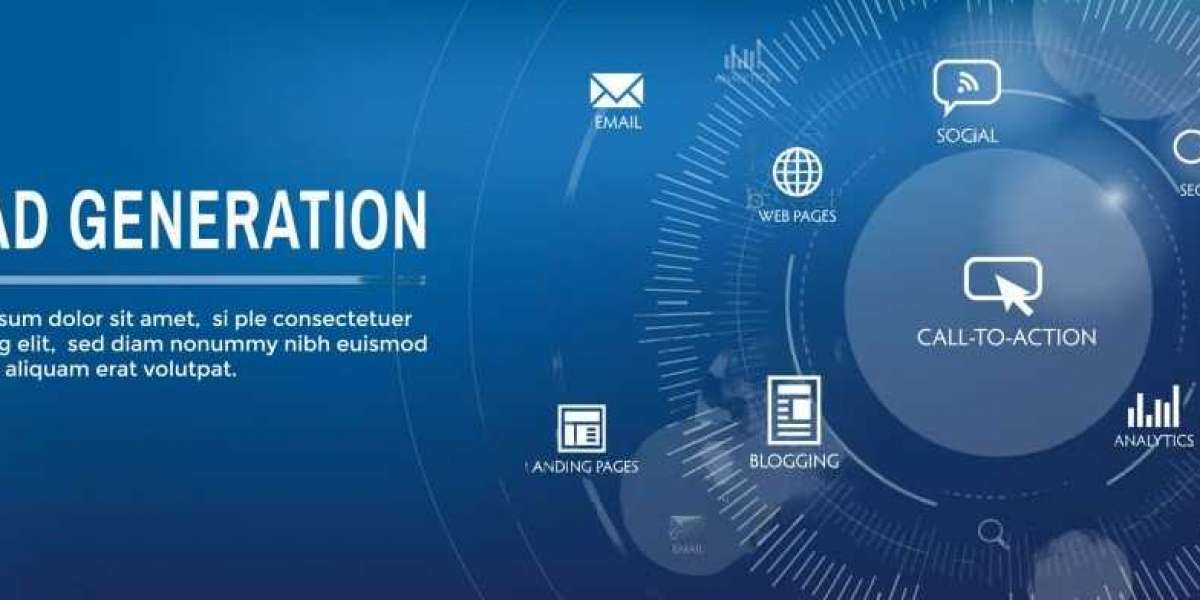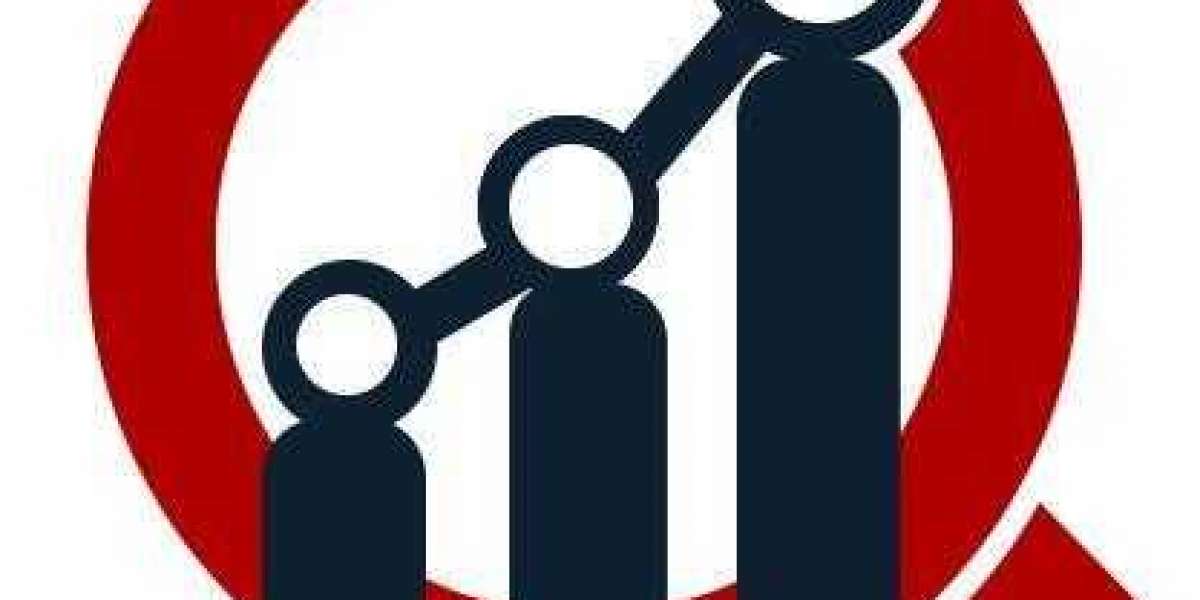Introduction
In the fast-paced world of digital marketing and sales, efficiency is key. As businesses strive to reach a wider audience and convert prospects into loyal customers, the process of lead generation becomes paramount. However, manual lead generation can be time-consuming and resource-intensive. This is where automation, specifically lead generation software, comes to the rescue. In this article, we will explore the concept of automating lead generation using lead generation software, the tools available for the task, and the strategies that can significantly enhance efficiency in this crucial aspect of business growth.
Tools for Automated Lead Generation
Customer Relationship Management (CRM) Systems:
CRM systems like Salesforce, HubSpot, and Zoho offer functionalities for lead management, automated email campaigns, and lead scoring. These platforms allow businesses to centralize lead data and automate communication based on specific triggers and customer interactions.
Email Marketing Automation:
Tools like Mailchimp, Marketo, and ActiveCampaign facilitate personalized email marketing campaigns. Automated emails can be triggered based on user behavior, such as website visits, clicks, and downloads, nurturing leads through the sales funnel.
Chatbots and Live Chat:
Integrating AI-powered chatbots on websites enables real-time engagement with visitors. These bots can answer common queries, collect contact information, and qualify leads, all while providing instant responses.
Social Media Management Tools:
Platforms like Hootsuite and Buffer enable scheduling and automation of social media posts. Regular and consistent content sharing helps generate leads through social channels.
Webinars and Events:
Tools like GoToWebinar and Zoom allow businesses to host automated webinars and virtual events. These platforms collect participant information and can trigger follow-up emails, driving lead engagement.
Lead Magnets and Landing Pages:
Software such as Unbounce and Leadpages helps create landing pages and lead capture forms. These tools automate the process of offering valuable resources in exchange for user contact information.
Strategies for Efficient Automated Lead Generation
Segmentation and Personalization:
Utilize the data collected to segment your leads based on demographics, behavior, and preferences. Tailor your automated campaigns to deliver personalized content and offers, increasing the likelihood of conversion.
Lead Scoring:
Implement a lead scoring system that assigns points based on lead attributes and interactions. This helps prioritize leads for targeted outreach and ensures that sales efforts are focused on the most promising prospects.
Drip Email Campaigns:
Create a series of automated emails that provide value to leads over time. Gradually introduce them to your brand, products, and services, guiding them through the decision-making process.
Behavior-Based Triggers:
Set up triggers that respond to specific actions, such as downloading an e-book or abandoning a cart. These triggers can automate follow-up emails or offers tailored to the user's behavior.
A/B Testing:
Continuously optimize your automated campaigns by conducting A/B tests on email subject lines, content, and calls to action. This data-driven approach enhances the effectiveness of your automated efforts.
Regular Updates and Maintenance:
Automation doesn't mean a set-it-and-forget-it approach. Regularly review and update your automated workflows to reflect changes in your business and the evolving needs of your leads.
Conclusion
Automating lead generation is not about replacing human interaction but about enhancing efficiency and effectiveness. By harnessing the power of automation tools and implementing strategic approaches, businesses can streamline their lead generation processes, allowing their teams to focus on building meaningful relationships and driving growth. As technology continues to advance, mastering the art of automated lead generation will be a crucial skill for any business looking to stay competitive in today's digital landscape.














